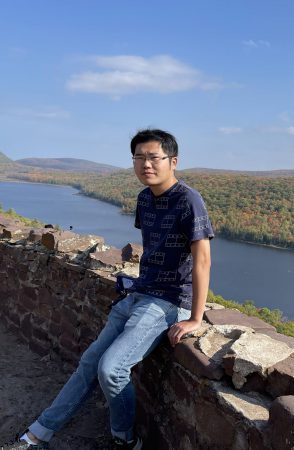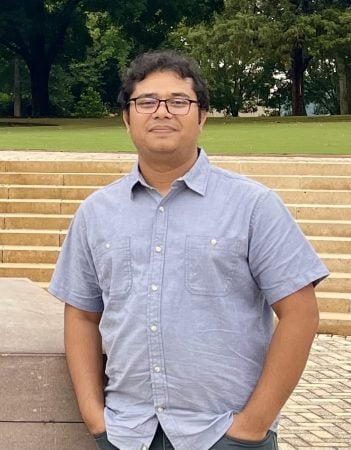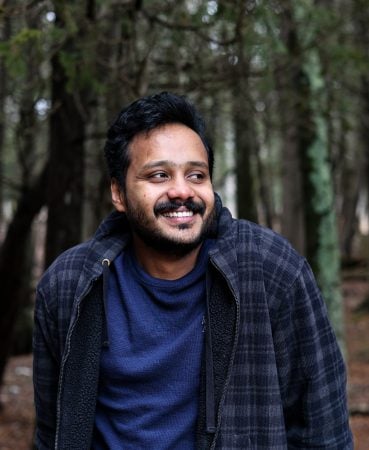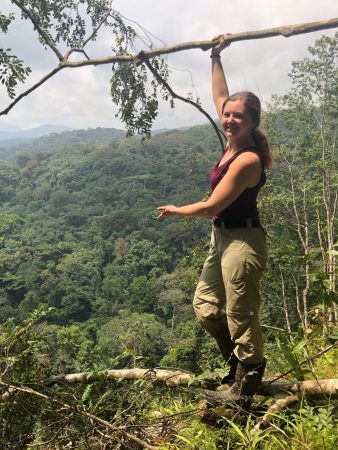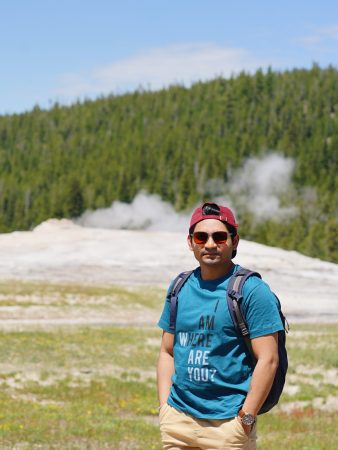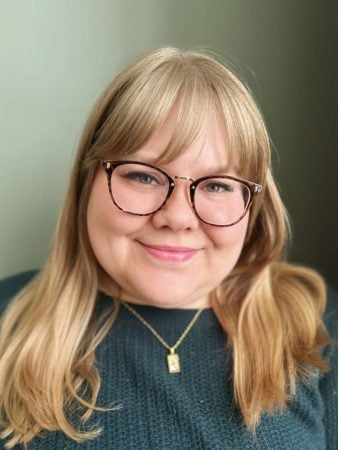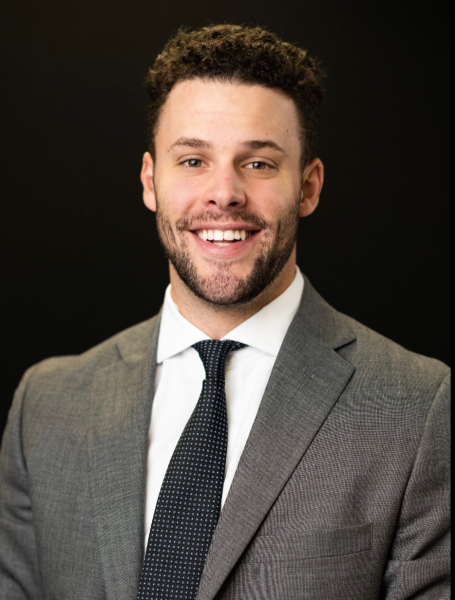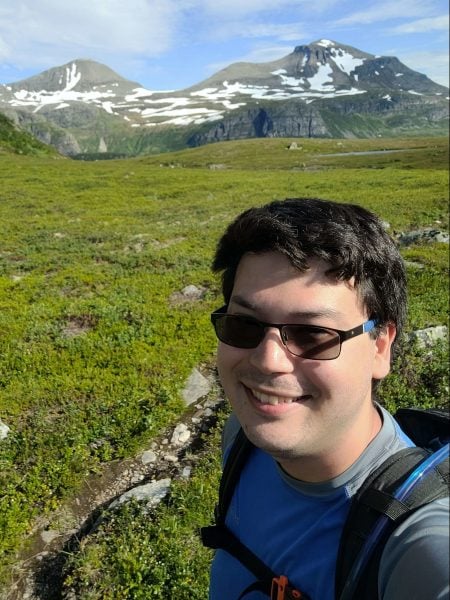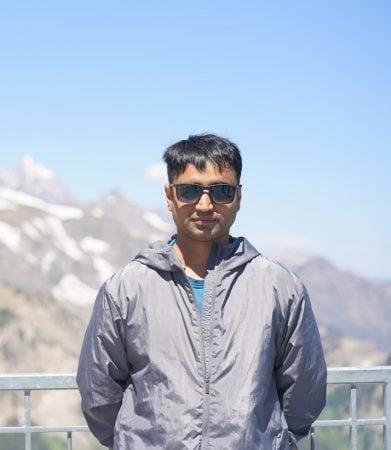I am honored to have the opportunity to apply for the final finishing fellowship to gain further support and guidance in my doctoral research. I am a doctoral student in Mechanical Engineering-Engineering Mechanics at Michigan Tech University, and I have been pursuing my Ph.D. since 2019. Over the past five years, I have focused on research in the field of mechanical fault diagnosis.
My research aims to leverage advanced data analysis techniques and machine learning algorithms to enhance the health monitoring and fault diagnosis capabilities of mechanical systems. In my doctoral research, I have explored theoretical models and algorithms and validated their effectiveness through experimental and engineering application.
Obtaining this fellowship is significant to me as it will provide the support and resources needed to complete the final steps towards my Ph.D. I look forward to collaborating with mentors and fellow researchers to further refine my research and translate it into practical applications.
In the future, I aspire to secure a position in either industry or academia, continuing my research and application work in mechanical fault diagnosis and predictive maintenance.
Finally, I would like to express my gratitude to the Graduate Dean Awards Advisory Panel for considering my application, and I assure you of my commitment to fully utilize the opportunities provided by this fellowship. I want to thank Dr. Zequn Wang and my advisor Dr. Shangyan Zou for their support with my PhD research and preparing me for an academic career.
